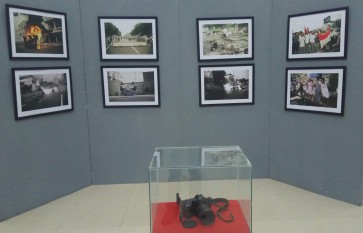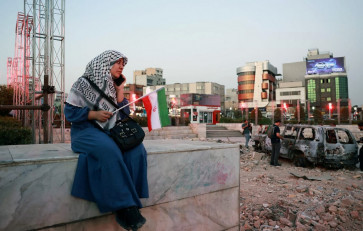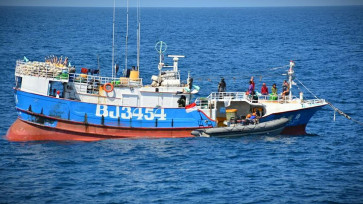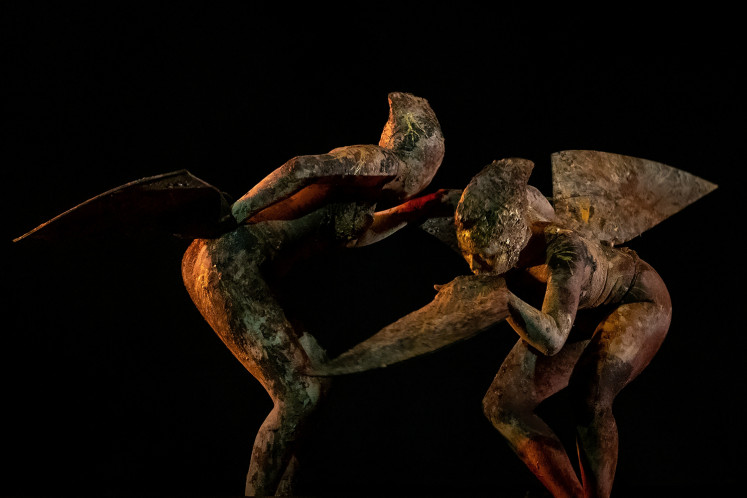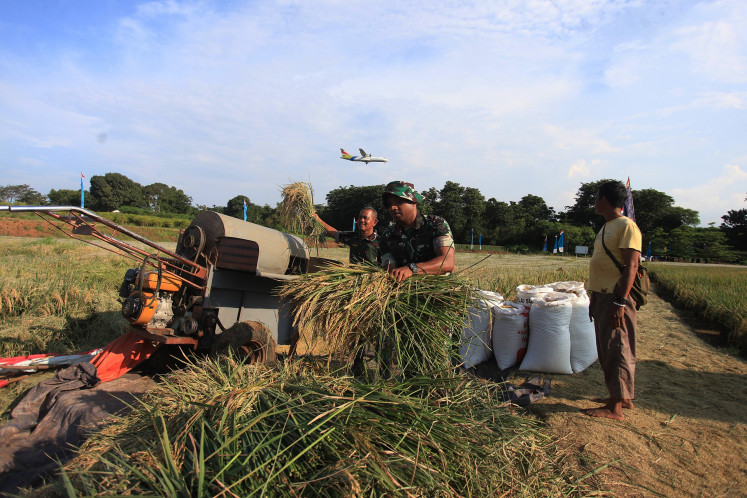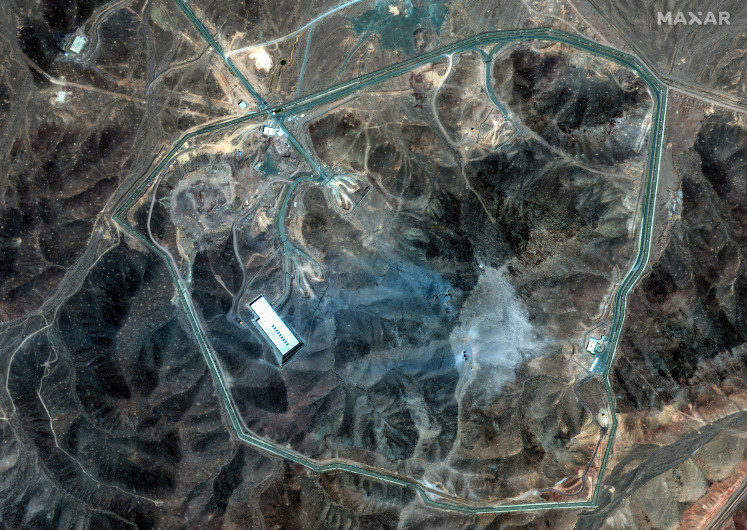Popular Reads
Top Results
Can't find what you're looking for?
View all search resultsPopular Reads
Top Results
Can't find what you're looking for?
View all search resultsSharon Karyasa: Family violence trailblazer
Sharon Karyasa’s memoir is one of empowerment and it’s the entire package that will give women hope.
Change text size
Gift Premium Articles
to Anyone
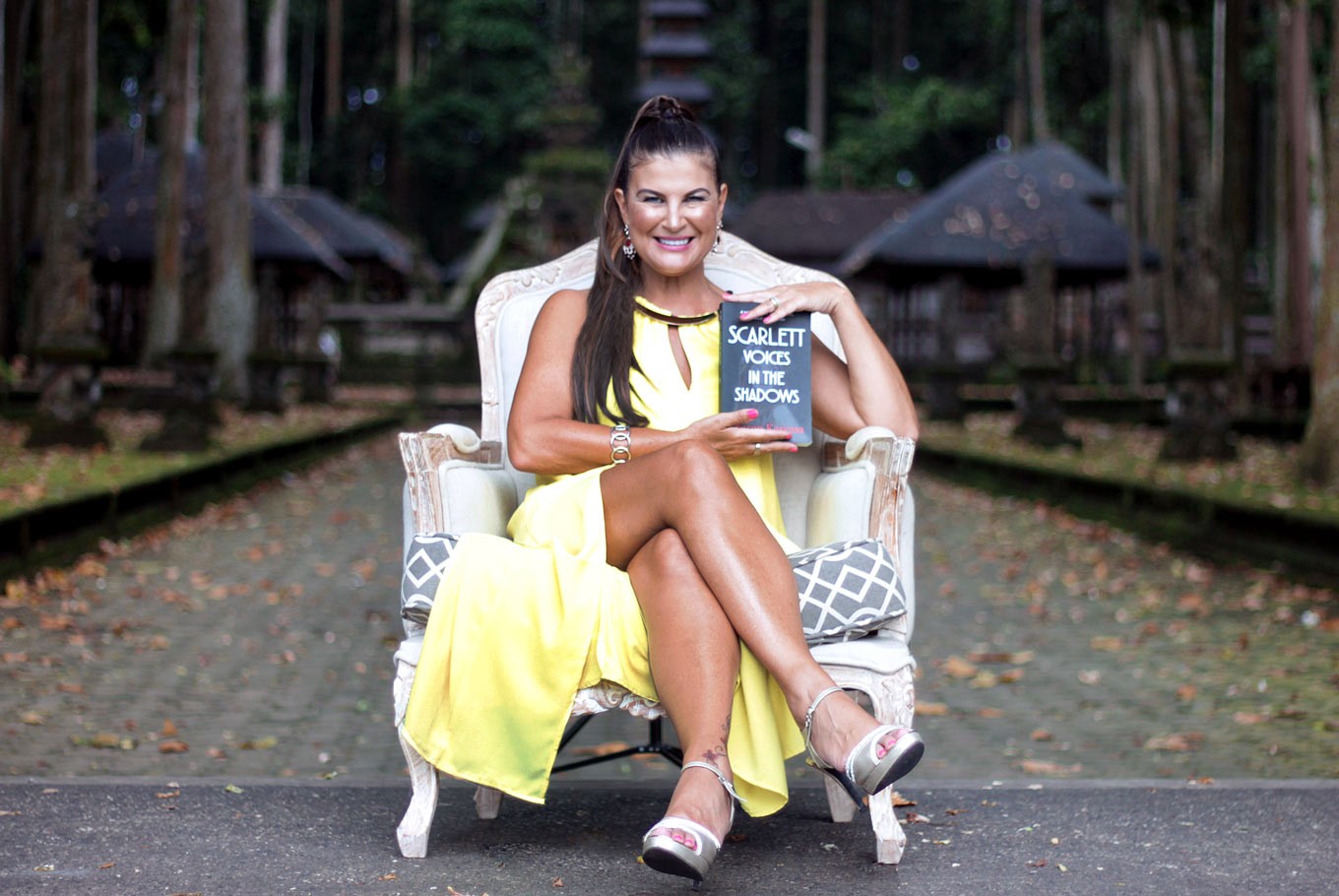 Sharon Karyasa (Sharon Karyasa/File)
Sharon Karyasa (Sharon Karyasa/File)
In 2010, Sharon Karyasa was knocked unconscious by an ex-boyfriend and held prisoner against her will.
“Although my life has since taken a different turn, the truth is out there,” she says. “There must be zero tolerance for violence against men and women.”
Karyasa feels comfortable talking and writing about her experience because she wants others to know how to recognize it and to stop it. Her debut memoir Scarlett Voices in the Shadows was initially self-published in Melbourne in 2016 and was reprinted in Jakarta in December of that year when Periplus accepted the book for distribution.
Born in Melbourne in 1964 to working class parents, Karyasa always dreamed of becoming a journalist. She didn’t go to university, which made her wish unattainable. Instead, she became a novelist and advocate against family violence, a calling that suited her adventurous and plucky spirit.
In 2017, the Australian press formally acknowledged Karyasa for what she has achieved for survivors of family violence, changing the lives of millions.
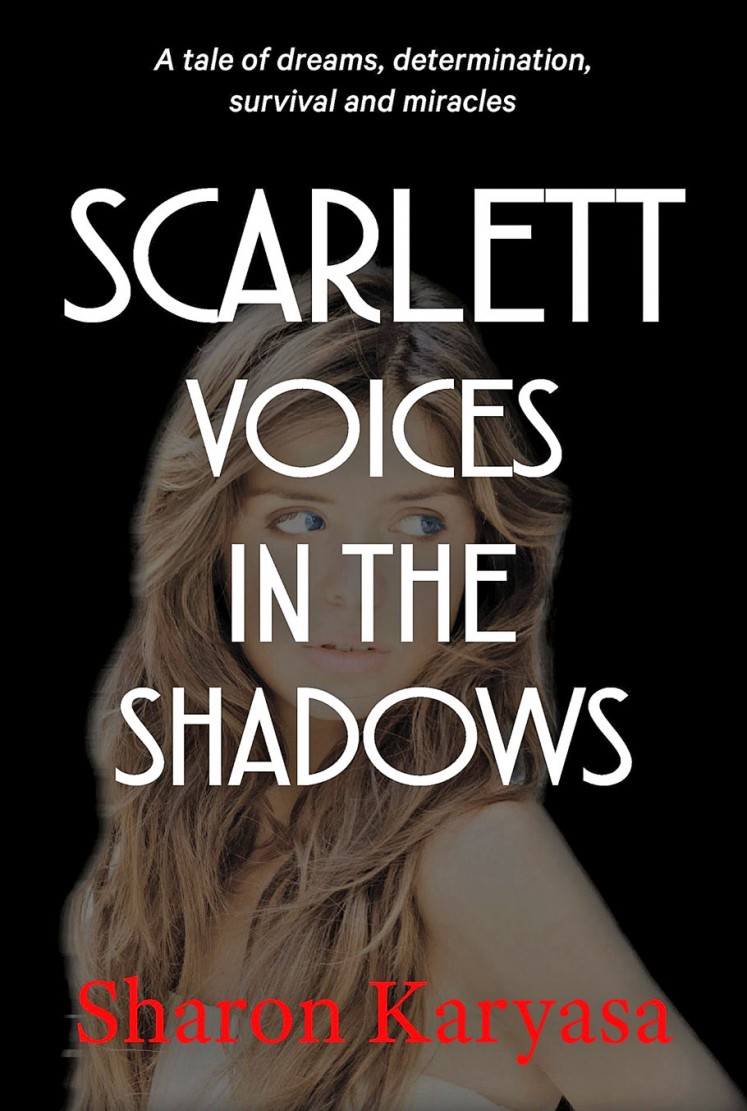
Karyasa now lives between Australia and Bali with her Indonesian husband Made, whom she married in a traditional Balinese ceremony in 2013. Her decision to stay in Bali was the result of a life-altering experience at Batuan Temple outside Ubud three years earlier.
After a physically and mentally challenging year, she went on holiday in Bali with her son. She had been diagnosed with third-degree melanoma and had the stitches removed two days before arriving on the island.
Read also: Rampant domestic violence haunts women in rural Java
The wound site had become infected and she was also dealing with another injury on her arm that resulted from a fall. When they arrived at the temple, an elderly woman attendant appeared and asked if she would like a healing session. After praying, she blessed them with holy water. Her son had a black blood blister on the palm of his hand and when they left the temple he told her that it had disappeared. As she blinked her eyes, holy water ran from them. She blinked again and she could see clearly.
The following morning both the wound site on Karyasa’s leg and the one on her arm were miraculously clean. She felt that this divine intervention was a pivotal turning point in her life. Still feeling an overwhelming sense of gratitude, she returned two years later to thank the healing lady and began a daily ritual of mediation and pray.
Her involvement with advocating against family violence was aroused when she discovered a detailed document outlining proposed changes to work entitlements at a Geelong Women’s Network meeting in 2010.
Written by research assistant Ludo McFerran from the University of New South Wales, the paper discussed how to adopt a clause into workplace agreements that would allow victims of violence up to 20 days paid leave to get their life back into some sort of order.
“I decided to implement the clause into my workplace at the Surf Coast Shire, a local government authority. Today as a result of my initiative, more than 1.6 million employees in Australia have access to paid domestic violence leave and the number is increasing daily,” Karyasa explains.
She has just returned from Los Angeles, California in the US, where she met with advisors of Mayor Eric Garcetti at City Hall to discuss the groundswell movement. In addition, McFerran has recently been in Oxford at a conference taking about the domestic violence clause in Australia, New Zealand, the Philippines and other countries in Europe and Africa.
Karyasa has also enlisted powerful allays in her campaign against domestic violence. Right after her first media appearance in 2012, the morning after her 11-year-old son Luke was brutally killed by the boy’s father at Luke’s cricket practice, Rosie Batty has led a very personal battle against family violence in Australia.
Karyasa met Batty in March to present her with a donation, which she had pledged to her charity at her book launch. The Luke Batty Foundation, which keeps the issue on the national agenda, was set up 2015 in the name of her son.
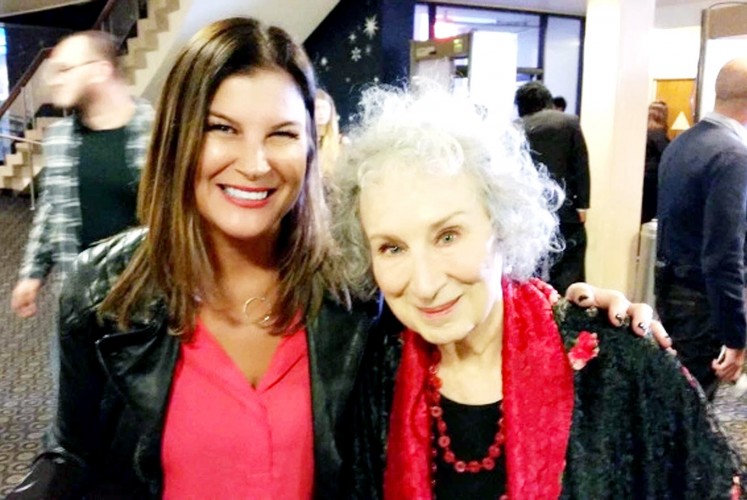
Only recently she experienced another form of violence in Bali when someone who was evidently incensed by her enthusiasm for her memoir shoved her into a swimming pool.
Although a life changer, the attack is just one small part of Scarlet Voices in the Shadows. It happened on a perfect day in paradise at a five-star resort. It goes to show that violence against both women and men can happen anytime, anywhere and to anyone.
Above all, her memoir is one of empowerment. As a woman she struggled to fit into a patriarchal society that was considered normal among friends and family.
“I spent many years traveling and rebelling against society, searching for answers. My dependence on alcohol in later years resulted in low self-esteem,” Karyasa said.
Read also: Violence against women and the Janus face of social media
She became a survivor after her assault, hence her involvement in advocating to empower survivors. Take note that the term survivor is used to empower any person who has been assaulted.
“I believe this is one of the most important discussions that we all should be having,” Karyasa enthused. After I instigated the initiative seven years ago, other countries have moved the clause forward. I was astounded when a survivor stood up at my book launch in Melbourne in 2016 and thanked me for founding the initiative. The woman had used the leave that I fought for after she had been abused.”
Through her writing, Karyasa is also a fierce advocate against family violence here in Indonesia.
“Family violence is a global epidemic that needs to be discussed and kept in the open,” she says. “Education is the key. On Bali, the conversation about accepting what is not acceptable behavior must continue. We must not give up on in this war. I’m presently working on translating my book into Indonesian, so the word gets out even more.”

